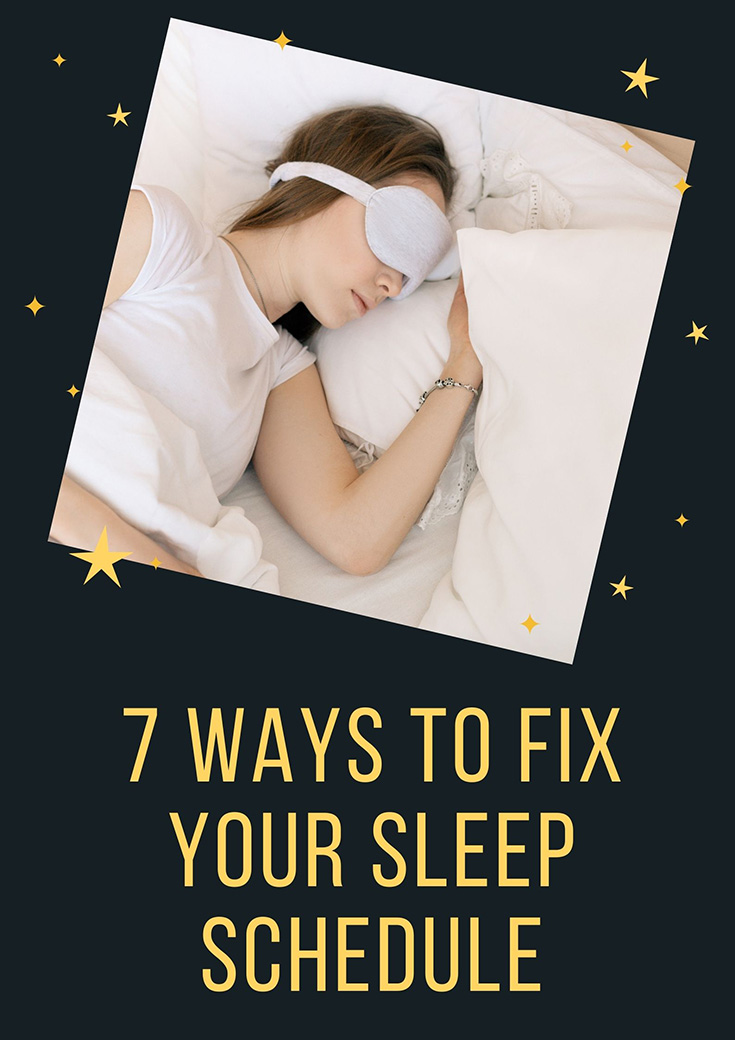Sleep is absolutely essential to our ability to function throughout the day, but many people do not get an adequate amount of sleep each night. Some people struggle to go to bed at the right time or wake up at the right time, and others struggle to fall asleep or stay asleep. There are a number of lifestyle changes you can make in an effort to improve your sleep routines – some that may seem insignificant but could have a huge impact on the quality of your sleep.
If you’ve heard all of this before, tried it, and it hasn’t worked for you, or if you think you may have symptoms of an underlying sleep disorder like sleep apnea; you may want to consult CPAP Direct or a sleep specialist to find a more effective solution.
Stick To A Bedtime Routine
Unfortunately, the circadian rhythm doesn’t adjust for weekends or holidays. Although we know that we don’t have to be anywhere on a Saturday morning and it seems okay to sleep in for a few hours, this can disrupt our sleep patterns and give us grief during the week. The first way to manage your sleep is to set a designated bedtime and wake up time, and stick to it.
Take it Slow
If you have trouble going to bed on time, you can try adjusting your bedtime by 15 minutes each night until you reach the desired time. If you have trouble waking up in the morning, it can be a good idea to give yourself something exciting or urgent to get up for. You could schedule an exercise class, go grab a cup of coffee or you could try fasting or eating dinner early the night before so that when you wake up you’re hungry enough to get out of bed.
Create A Soothing Environment
In the hustle and bustle of our day to day lives, taking time to relax and create a calming environment before bed often doesn’t seem like a priority. However, there are a number of small changes you can make that will improve your ability to sleep at night.
Follow the Light
Our bodies tend to naturally want to wake up with the sun and sleep soon after it goes down. Shift work can disrupt this, but one simple way to help your body adjust is to limit the amount of artificial light before you go to sleep. Try using a low wattage floor lamp or table lamp instead of your bright ceiling lights, and aim to use a warm light (at least 2700 Kelvin). Bright blue lights prevent the natural production of melatonin in the body, which is a hormone that helps us sleep. You can also try purchasing a dimming lightbulb so that you can turn it to the lowest setting in the hours before you go to sleep, to help your body wind down.
Your Bed is For Sleeping
It can be difficult to separate your sleeping space from your working or recreational space, especially if you’re working from home or need to study in your bedroom, but you should try to do this as much as you can. Some simple boundaries to create could include: not using your laptop on your bed, using a different kind of light for studying, not using your phone or laptop an hour before you go to bed or creating a bedtime routine that separates the activities.
Give Yourself a Break
This bedtime routine might include things like journaling, lighting candles (you could even try showering in the dark with candles lit), drinking tea or stretching. You should also aim to keep your bedroom clean and free of distractions as much as possible. This might mean tucking your books and study materials in a drawer once you’re done instead of leaving them out on the desk, and not sleeping with your phone right next to your bed.
Rest Easy
Some people naturally produce lower levels of melatonin than normal, and in that case you could try taking melatonin supplements or using a shampoo or body wash with melatonin in it. You should consult your doctor before you try this as there could be possible side effects.







Speak Your Mind